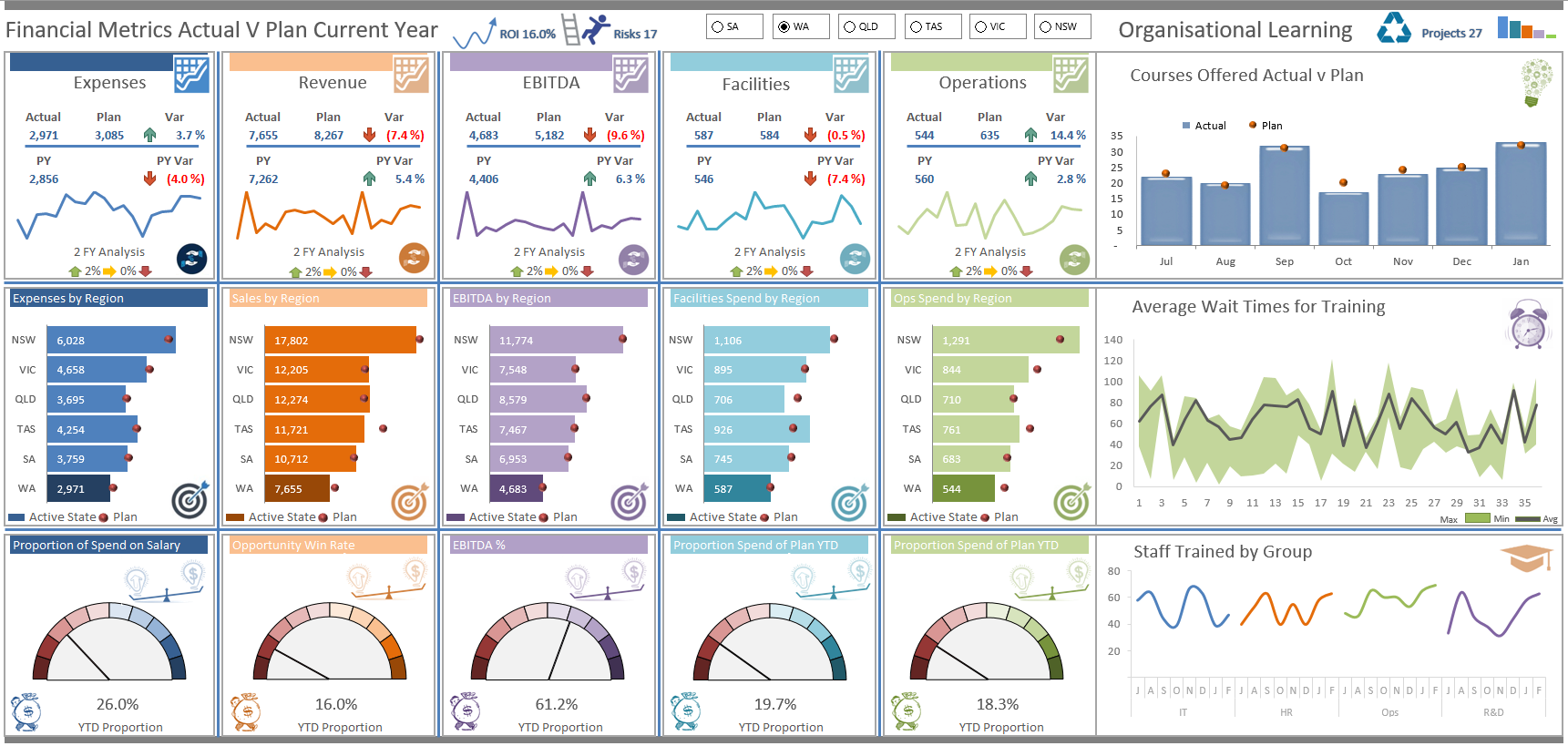Strategies for Maximizing Financial Gain: Investment, Entrepreneurship, and Career Advancement is a comprehensive guide that delves into effective methods for individuals looking to boost their financial prosperity. In this article, we will explore the key strategies and tactics you can implement to enhance your financial well-being. Learn how investments, entrepreneurship, and advancing your career can lead to significant financial gain and long-term stability. Whether you are a seasoned investor, aspiring entrepreneur, or professional aiming for career growth, this article will provide valuable insights to help you optimize your earnings and manage your personal finances efficiently.
Are you looking to secure your financial future and achieve substantial growth in your wealth? By understanding the importance of maximizing financial gain through different avenues such as investments, entrepreneurship, and career advancement, you can take proactive steps towards building a solid financial foundation. Discover how these strategies can help you increase your income, build wealth, and improve your financial well-being. Stay tuned to learn valuable tips on optimizing your earning potential and effectively managing your finances to reach your financial goals.

Unraveling the Essence of Financial Gain
Defining Financial Gain:
Financial gain encompasses the increase in monetary value or assets obtained from investments, entrepreneurship, or career advancements. It holds paramount significance in enabling individuals to achieve financial stability, independence, and security, ultimately leading to a better quality of life. Understanding how to leverage strategies for maximizing financial gain is crucial for long-term financial well-being.
Differentiating Financial Gain:
Financial gain differs from profit, income, and revenue. While profit represents the surplus remaining after deducting expenses from revenue, income is the money received regularly. In contrast, revenue signifies the total income generated from sales. Maximizing financial gain strategies involve optimizing these financial aspects to boost overall wealth accumulation effectively.
Ethical Responsibilities:
Navigating the realm of financial gain entails ethical considerations and responsibilities. Upholding integrity, transparency, and fairness in all financial dealings is essential. Responsible decision-making not only fosters trust but also sustains long-term success in financial pursuits. Balancing profitability with ethical standards is key to ensuring sustainable growth and positive societal impact.
Driving Economic Growth:
Financial gain plays a fundamental role in propelling economic growth and fostering innovation. Individuals and businesses striving for financial gain create opportunities for employment, wealth distribution, and economic expansion. By investing, innovating, and generating wealth responsibly, they contribute to the overall prosperity of society, driving progress and development on a broader scale.

Exploring Effective Strategies for Maximizing Financial Gain
Investment Strategies
Investing in stocks, bonds, real estate, and alternative investments can diversify your portfolio and potentially increase returns. Understanding risk tolerance and conducting thorough research are crucial. Consider long-term growth opportunities and consult with financial advisors for personalized guidance on maximizing financial gain strategies.
Entrepreneurship and Business Ventures
Venturing into entrepreneurship by starting a company or investing in startups can yield substantial financial rewards. Embrace innovation, identify market gaps, and create value-driven solutions. Mitigate risks through meticulous planning and networking in entrepreneurial ecosystems to enhance profitability and financial growth.
Career Advancement and Salary Negotiation
Focusing on career advancement involves continuous skill development, networking, and seizing opportunities for growth. Negotiating salary increments strategically enhances your earning potential. Invest in education, certifications, and mentorship to stay competitive in your field and unlock pathways to higher income levels.
Personal Finance Management
Effective personal finance management is key to maximizing financial gain. Create a detailed budget, prioritize saving, and strategize debt reduction plans. Embrace frugality without compromising quality of life, automate savings, and monitor expenses closely to achieve financial goals and secure a stable financial future.

Common Pitfalls to Avoid in the Pursuit of Financial Gain
When exploring maximizing financial gain strategies, it’s vital to understand the risks linked to high-return investments and speculative ventures. While these can offer lucrative returns, they carry higher levels of uncertainty and potential for loss. Diversifying investment portfolios and conducting thorough research can help mitigate these risks and safeguard your financial interests.
Ethical integrity is paramount in the pursuit of financial gain. Engaging in unethical or illegal practices may yield short-term profits but can lead to severe consequences, including financial penalties, reputational damage, and legal ramifications. Prioritizing ethical behavior not only ensures sustainable financial success but also fosters trust and credibility in your professional endeavors.
Achieving financial prosperity should not come at the expense of personal values and well-being. It’s essential to strike a balance between pursuing financial gain and maintaining ethical standards, personal integrity, and overall happiness. Prioritize long-term sustainability over immediate gains, ensuring that your financial pursuits align with your moral compass and contribute positively to society.
While striving for financial gain is commendable, it’s crucial to recognize the limitations and potential drawbacks of excessive wealth accumulation. Overemphasis on financial success can lead to burnout, strained relationships, and a skewed sense of fulfillment. By setting realistic financial goals, practicing gratitude, and prioritizing holistic well-being, you can avoid the pitfalls of solely focusing on monetary gain.

Effects of Financial Gain on Society
Positive Contributions
Financial gain through investments, entrepreneurship, and career growth stimulates job creation, fostering economic development, and elevating living standards. By channeling resources into productive ventures, individuals contribute to overall societal progress, creating opportunities for others to thrive economically. Maximizing financial gain strategies can uplift communities and drive prosperity on a broader scale.
Potential Negative Consequences
While financial gain can bring positive changes, unchecked growth may exacerbate inequality, lead to environmental degradation, and fuel social unrest. Disparities in wealth distribution, unsustainable business practices, and disconnection from societal needs are critical issues that arise. Balancing profit motives with social responsibility is crucial to address these potential negative impacts.
Regulatory Role of Government and Financial Institutions
Governments and financial institutions play a pivotal role in regulating financial activities to mitigate adverse societal effects. Implementing policies that promote fair wealth distribution, environmental sustainability, and social stability can counterbalance the negative consequences of unchecked financial gain. Collaboration between stakeholders is essential to ensure a sustainable and inclusive financial ecosystem.
Emphasizing Responsible and Ethical Practices
In the pursuit of financial gain, individuals must prioritize responsible and ethical practices. Upholding integrity, transparency, and accountability in decision-making processes is key to avoiding harmful consequences and maintaining societal trust. Integrating ethical considerations into financial strategies enhances long-term viability and positively impacts communities, fostering a sustainable path to prosperity.
By understanding the multifaceted impact of financial gain on society, individuals can make informed decisions when implementing maximizing financial gain strategies. Striking a balance between economic advancement and social well-being is essential for sustainable growth and a harmonious society. Adopting a holistic approach that considers societal implications can lead to more equitable and ethical financial outcomes, benefiting both individuals and communities alike.

Embracing Financial Opportunities in the Digital Landscape
In the era of the digital age, individuals can leverage emerging opportunities in online marketplaces, e-commerce platforms, and the realm of digital currencies to maximize financial gain. From e-commerce stores to cryptocurrency investments, the internet offers a myriad of avenues for wealth accumulation. By understanding and tapping into these digital resources, individuals can diversify their portfolios and boost their financial prosperity significantly.
Navigating the digital landscape for financial gain comes with its set of challenges and risks. While the digital realm provides vast opportunities, it also exposes investors to cybersecurity threats, market volatility, and fraudulent activities. Mitigating these risks requires a blend of vigilance, education, and strategic decision-making to safeguard investments and financial assets effectively. Education and staying informed are key to mitigating potential pitfalls in the digital financial space.
Technology continues to revolutionize traditional financial institutions and investment strategies. Robo-advisors, algorithmic trading, and fintech innovations have reshaped how individuals manage their finances and make investment decisions. Understanding the impact of technology on financial practices is crucial for maximizing financial gain in today’s interconnected digital economy. Embracing these technological advancements can enhance financial decision-making and optimize investment opportunities for individuals seeking to grow their wealth.
Amid the digital financial landscape, ethical considerations play a vital role in the use of financial data and algorithms. Transparency, data privacy, and ethical practices are essential for maintaining trust and integrity in financial transactions. As individuals engage with digital platforms for financial gain, ensuring ethical standards in data usage and algorithmic decision-making is imperative. Upholding ethical principles fosters credibility, builds trust with stakeholders, and sustains long-term financial success in the digital age.

Understanding the Metrics: Evaluating Financial Gain
Key Financial Metrics
In the realm of maximizing financial gain strategies, understanding key metrics like profitability, return on investment (ROI), and cash flow is paramount. Profitability indicates business efficiency, ROI measures investments’ performance, while cash flow reflects liquidity and sustainability.
Regular Financial Reporting
Regular financial reporting and analysis are crucial for assessing the effectiveness of financial strategies. Timely evaluation helps in identifying areas for improvement and making informed decisions to optimize financial gain proactively.
Role of Advisors and Accountants
Financial advisors and accountants play pivotal roles in evaluating and optimizing financial gain. Their expertise assists in analyzing data, providing strategic recommendations, and ensuring compliance with financial regulations to maximize profitability ethically.
Ethical Reporting and Disclosure
Ethical considerations in financial reporting and disclosure are fundamental in gaining stakeholders’ trust. Transparency, accuracy, and integrity in financial practices not only uphold credibility but also contribute to sustainable financial growth in the long run.

Personal and Ethical Considerations in Financial Gain
Balancing financial gain with personal values and life goals
When seeking to maximize financial gain strategies, it’s crucial to align them with your personal values and life objectives. By reflecting on what truly matters to you, you can ensure that your pursuit of financial success remains meaningful and fulfilling, contributing to a well-rounded and satisfying life.
Importance of integrity, transparency, and accountability
Maintaining integrity, transparency, and accountability in your financial dealings is paramount. Upholding ethical standards not only builds trust but also safeguards your reputation in the long run. By prioritizing these values, you establish a solid foundation for sustainable financial growth and positive impact.
Role of financial literacy in decision-making
Financial literacy plays a vital role in guiding informed and ethical decisions regarding financial gain. Understanding concepts like investments, risks, and returns empowers you to make sound choices that align with your values. Enhancing your financial knowledge enables you to navigate opportunities prudently and ethically.
Impact of financial gain on relationships and well-being
While financial gain can bring security and opportunities, it can also impact relationships and well-being. Striking a balance between financial pursuits and personal connections is crucial for overall happiness and fulfillment. Being mindful of how wealth influences your interactions and mental health is essential for sustained success and happiness.